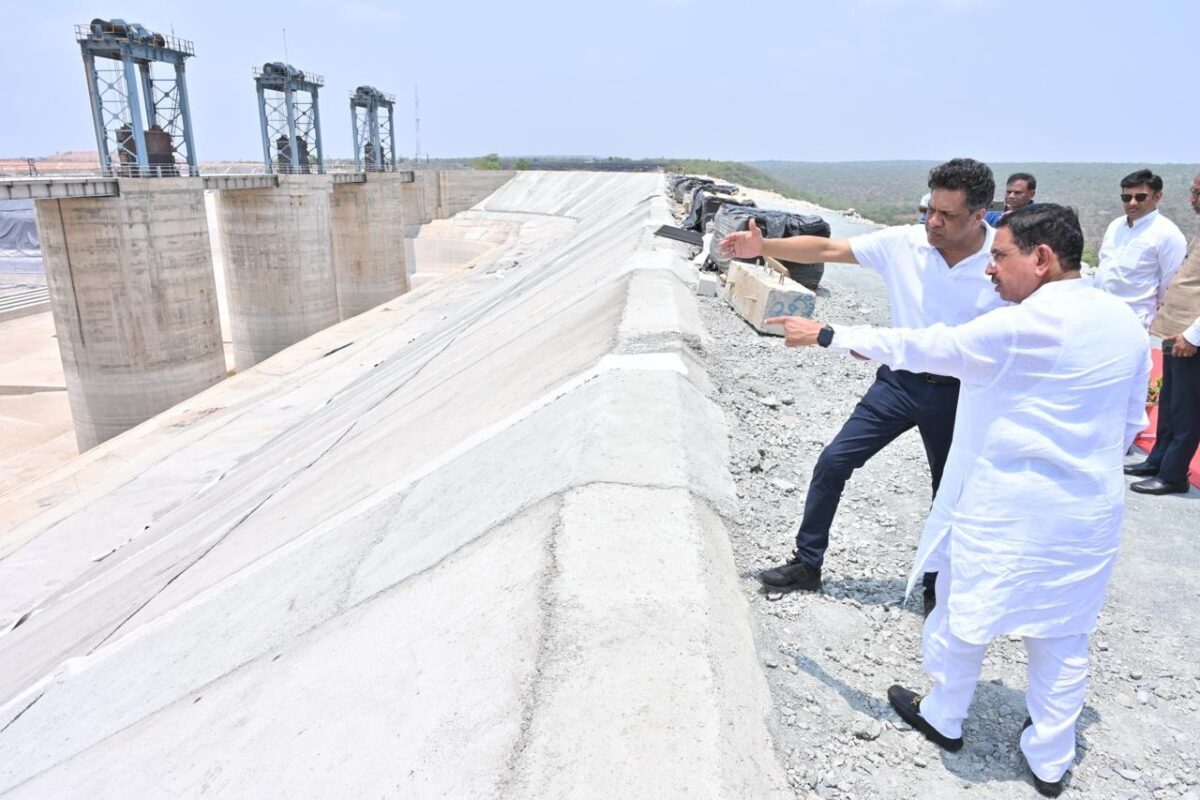The new Andhra Pradesh government is pulling the rug from under the state’s renewable energy expansion plan by cancelling the country’s largest energy storage project proposal.
The previous administration, led by N Chandrababu Naidu and his Telugu Desam party, had invited expressions of interest (EoI) for a 400 MW project to supply energy shifting services to help even out demand peaks and to deliver eight hours of discharge daily, including at least three hours of continuous discharge.
The call prompted five responses for a project which, according to the EoI document issued by grid operator Andhra Pradesh Transco in February was set to be commissioned by the end of 2021. Three potential bidders offered utility scale storage based projects and two suggested pumped hydro.
Changing of the guard
But the advent of a landslide victory for YS Jaganmohan Reddy and the YSR Congress Party in April’s Andhra Pradesh Legislative Assembly election appears to have a dealt a blow to renewable energy industry hopes in the state.
Reddy has already announced an intent to retroactively reduce payments for solar and wind power under supply deals negotiated by the previous regime, despite opposition from the federal Ministry of New & Renewable Energy. The legislative assembly’s new leader cited “abnormally priced” power purchase agreements signed off by his predecessor as his justification.
The state’s Power Coordination Committee has now decided to cancel the flagship energy storage tender and return bank guarantees submitted by potential bidders.
Reddy also recently scrapped plans for the 960 MW Polavaram hydroelectric power plant.
This content is protected by copyright and may not be reused. If you want to cooperate with us and would like to reuse some of our content, please contact: editors@pv-magazine.com.








That is very disappointing. Energy storage is growing rapidly in Australia with several domestic battery and grid scale battery projects operating or under construction. One new development is 1414degrees molten silicon heat storage. Hopefully the example of other states in India plus international developments will prove that the Andrha Pradesh Government has made a serious error with this decision.